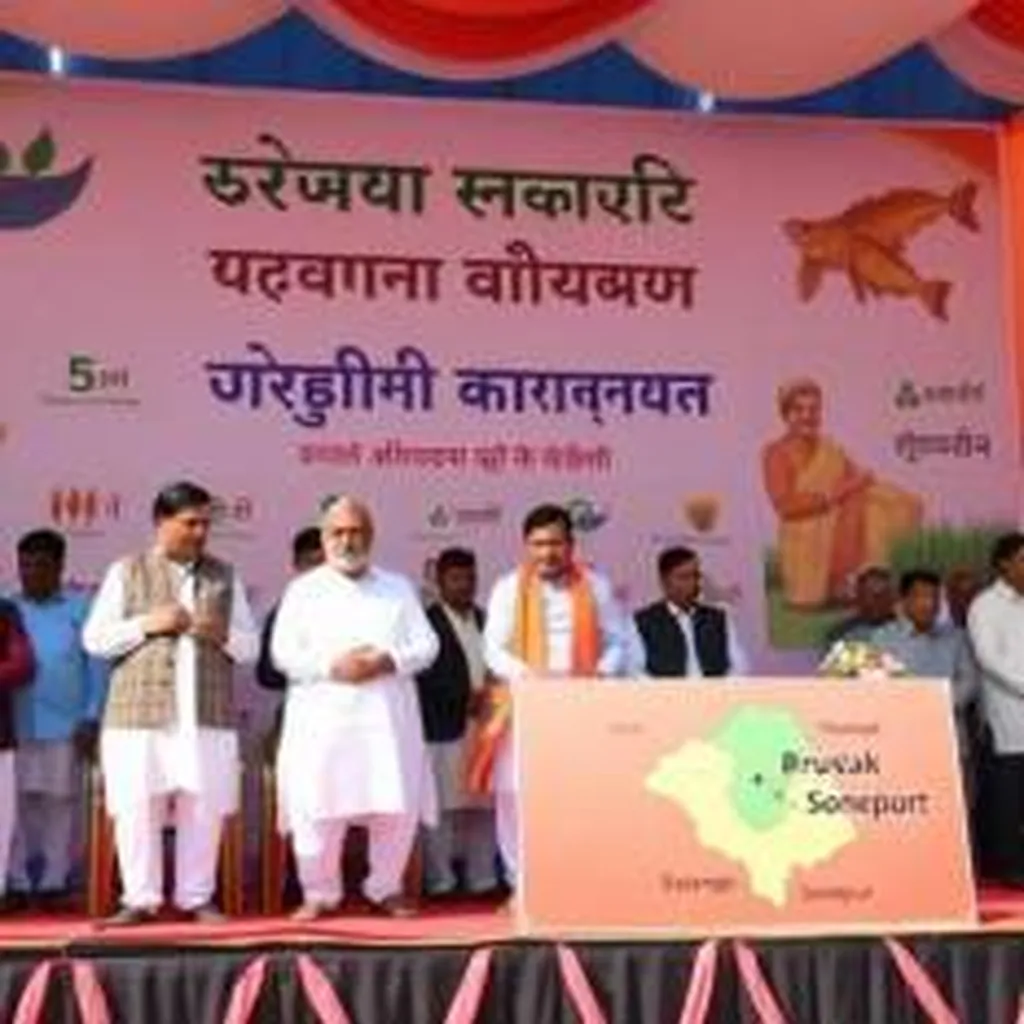Odisha is set to expand its agricultural education infrastructure with the establishment of a new government college offering specialized courses in agronomy, agro-forestry, and allied sciences. The institution, which will admit 120 students annually, aims to address the growing demand for skilled professionals in agriculture and its emerging sectors.
The decision was finalized during a high-level meeting chaired by Deputy Chief Minister and Agriculture Minister KV Singh Deo. Among the key discussions was the proposed upgrade of the existing College of Agriculture in Chiplima to a full-fledged university—a promise included in the BJP’s election manifesto. Singh Deo confirmed that the meeting also explored plans for new colleges in veterinary science, dairy technology, fisheries, and agri-business management, signaling a broader push to modernize agricultural education in the state.
The move aligns with a recent proposal from Union Minister Dharmendra Pradhan, who, in a letter to Chief Minister Mohan Charan Majhi, advocated for establishing specialized colleges in Sambalpur district. These include a College of Veterinary Science and Animal Husbandry, a College of Dairy Technology, a College of Fisheries, and a College of Agri-Business Management. The focus on Sambalpur—a region with significant agricultural activity—reflects a strategic effort to decentralize education and research, making it more accessible to rural and semi-urban students.
**A Boost for Agricultural Innovation and Employment**
The new college’s curriculum covers critical areas such as genetics, plant breeding, soil science, and agricultural economics—fields essential for improving crop productivity and sustainability. With climate change and market fluctuations posing challenges to traditional farming, the inclusion of courses like agro-forestry and plant pathology suggests a forward-looking approach. These disciplines are vital for developing resilient farming practices, pest management strategies, and high-yield crop varieties tailored to local conditions.
The proposed expansion into agri-business management is particularly notable. As agriculture increasingly intersects with technology, supply chain logistics, and global trade, there is a rising need for professionals who can bridge the gap between farm production and market dynamics. Similarly, the emphasis on dairy technology and fisheries underscores the government’s recognition of allied sectors as key contributors to rural livelihoods and food security.
For Odisha, where agriculture employs nearly half the workforce, these institutions could play a pivotal role in reducing youth migration by creating local employment opportunities. Graduates equipped with specialized knowledge are more likely to contribute to agri-entrepreneurship, research, and extension services—areas that have historically suffered from a shortage of trained personnel.
**Challenges and the Road Ahead**
While the announcements mark a positive step, the success of these initiatives will depend on execution. Infrastructure development, faculty recruitment, and industry collaborations will be critical to ensuring that the colleges deliver quality education. Past experiences in other states have shown that without adequate funding and long-term planning, new institutions can struggle to meet their objectives.
The upgrade of Chiplima’s college to university status, if realized, could serve as a model for integrating research with practical training. Universities often have greater autonomy to design interdisciplinary programs and forge partnerships with agricultural firms, potentially accelerating innovation in the sector.
As Odisha moves to implement these plans, stakeholders will be watching closely to see how effectively the state can translate political commitments into tangible outcomes for its farming communities. If successful, the initiative could not only strengthen the agricultural workforce but also position Odisha as a hub for agri-education in eastern India.

